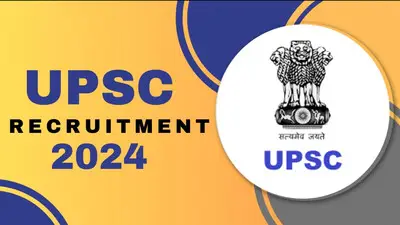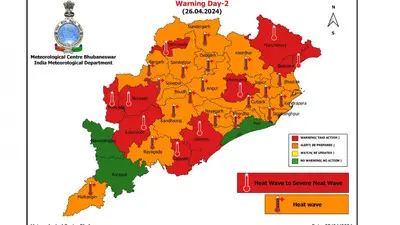Recommended Stories
New Delhi: The union cabinet on Thursday approved a financial restructuring package for state-run power distribution companies burdened by accumulated debt.
"The cabinet today (Thursday) approved the 'Uday' scheme to financiallly turn around discoms that have been severely indebted and make them strong," Power Minister Piyush Goyal said briefing reporters after the meeting.
"As part of the package approved states can take over, by March 2016, 75 percent of the discoms' debts upto September 2015, by issuing special bonds at a price determined by the Reserve Bank at G-Sec rates plus 5 percent," Goyal said.
Goyal said that the accumulated discoms debt upto this period was as much as Rs.500,000 crore, while the four most severely stressed states are Tamil Nadu, Rajasthan, Uttar Pradesh and Haryana.
"We have also advised the banks not to finance the power purchase by discoms anymore and to provide prudent loans to the discoms for taking care of their liabilities," he said
Minister Goyal said based on the the extensive discussions which his ministry has been holding in recent weeks and months, all stakeholders -- the discoms themselves, the states governments, the regulators and the lenders -- were to be on board regarding the proposed package.
The minister said the Uday package includes steps to reduce the interest burden of discoms by asmuc as 600 basis points, by converting 75 percent of their debt into state governments bonds. These bonds, he added, will bear the same interest as that for government securities, plus 50 basis points.
He said the cabinet approval also laid emphasis on both bringing down the cost of generating power with steps like better coal linkages and levying lower tariff, to ensure zero financial losses from 2019. "For the first time, we also imposing budgetary constraints on the state governments," he added.
The conversion of debt into bonds -- of up to 50 percent this fiscal and another 25 percent in the following year -- will be included as part of the state's fiscal deficit from 2018-19, he added.
The minister said the results will be visible in a matter of just two years with the creation of necessary fiscal space for the discoms to take proactive steps towards access to funds and financial stability.
"We have formalised stringent monitoring mechansim which will help in keeping an eye on the scheme. A monitoring meeting between the power ministry and power secretary will take place in New Delhi on every 10th of every month," Goyal said.
The package today is a follow-up to a a high-powered meeting chaired by Prime Minister Modi in mid-September on resolving the issue of distress among the state-run utilities, that have accumulated losses worth a staggering Rs.500,000 crore as in September. Banks alone have an exposure of Rs.430,000 crore to the power sector, the minister said.
"This is the weakest link in the value chain," said the minister, adding distribution companies had accumulated losses of worth Rs.3.8 lakh crore as on March this year, with a outstanding debt of approximately Rs.4.3 lakh crore.
Eight states, sources said, have the bulk of the distressed assets among their distribution comppanies -- Rajasthan, Tamil Nadu, Haryana, Uttar Pradesh, Andhra Pradesh, Telangana, Bihar and Jharkhand. Among them, the minister clarified, the first four have accumulated the maximum debt.
The cabinet nod also comes against the back of the latest World Bank study, conducted at the request of the government, expressing concern that despite the impressive strides in the Indian power sector, distribution to end-consumers remained the weakest link due to the fragile financial health of discoms, preventing fresh investments for better services.
"These losses are overwhelmingly concentrated among distribution companies and bundled utilities -- state electricity boards (SEBs) and the state power departments," said the World Bank study, adding this had pushed up the power sector's debt to over Rs.500,000 crore.
During the media briefing, the power minister sought to take credit for his party in improving the situation during the BJP-led government till 2004, adding that while the situation was all right till 2009 under United Progressive Alliance as well, subsequent years saw a marked deterioration.













